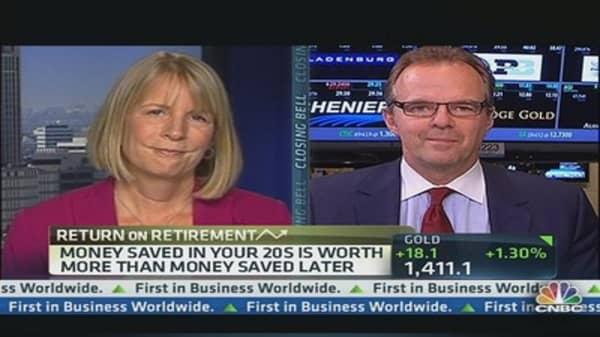The golden years aren't turning out to be that golden for many current seniors and retirees, according to two reports that shed light on which older Americans are most likely to be economically vulnerable.
A new report from the Economic Policy Institute finds that black, Hispanic or female seniors, or people 80 and older are more likely to face economic woes than other older Americans.
"Public programs like Social Security and Medicare do a fairly decent job of keeping people out of absolute deprivation – absolute poverty – but there's still a huge swath of the elderly that are living pretty close to the line," said David Cooper, an economic analyst with the Economic Policy Institute, a liberal-leaning think tank, and co-author of the report.
Another report, released Monday by Interest.com, finds that households headed by people who are 65 or older are bringing in median income of $35,107 a year, just 57 percent of the median income of households headed by 45- to 64-year-olds.
(Read more: Plan on Working Past Age 65? You're Not Alone)
The Interest.com analysis is based on 2011 Census Bureau data that defines income broadly to include earnings, Social Security payments, pensions, retirement plan income, interest and even welfare payments.
The results of both studies suggest that some seniors may be falling short of meeting their day-to-day expenses because they aren't bringing in enough money and have few options for increasing their wealth at that point in life.
But Mike Sante, managing editor of Interest.com, said his site's data also should serve as a wake-up call for people who are currently working. Those younger Americans could find themselves in an even more precarious position when they get older, because they are much less likely than current retirees to get a regular pension check.




